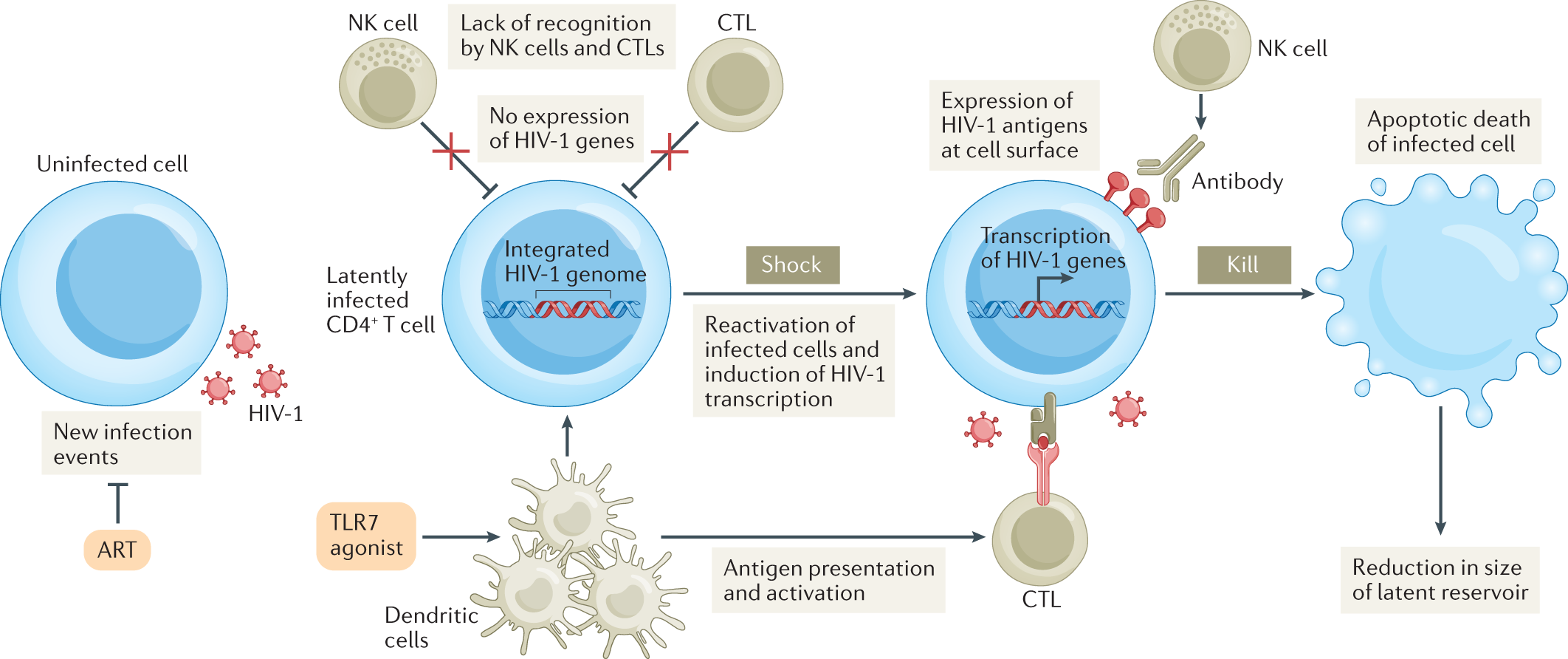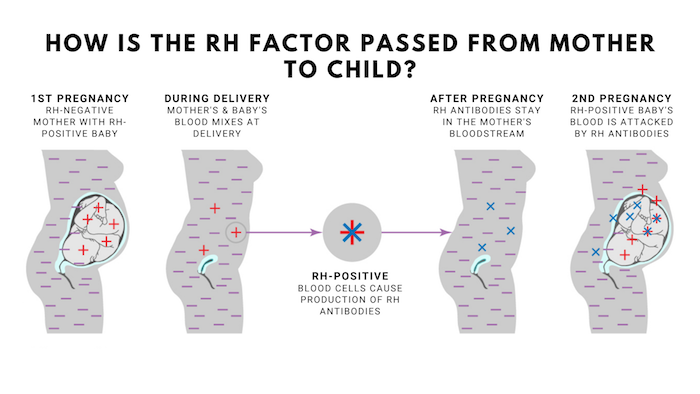Blood Tests for Colitis and Crohn’s Sickness: an Introduction
Blood exams for colitis and Crohn’s disorder are a somewhat new and remarkable progress that have included significantly to the screening, prognosis and administration of ulcerative colitis and Crohn’s ailment. Differentiating the two could let much better predictions regarding responses to clinical solutions, selections relating to operation options and the challenges of several troubles. Antibodies to many proteins which includes Baker’s or Brewer’s yeast (saccharomyces cerevisiae) and microbes like Escherichia. coli (E. coli) are current in the blood of numerous men and women with Crohn’s sickness but rarely in standard people today. Antibodies to a normal cell element, a nuclear protein, is existing in most people with ulcerative colitis, a number of people with Crohn’s whose colitis behaves additional like ulcerative colitis than Crohn’s, and almost never in standard folks.
Antibody exams or serologic markers are blood tests looking for markers of disorders. The serologic markers or antibody assessments for ulcerative colitis and Crohn’s ailment are pANCA and ASCA, OmpC, and CBir1 Flagelin respectively. The latter 3 blood exams for Crohn’s are only offered as a result of one laboratory, Prometheus Laboratories, Inc.
Ulcerative colitis is a long-term inflammatory bowel sickness (IBD) of unidentified result in that only will involve the colon. It affects the superficial lining of the colon and not often results in bowel obstruction (blockage) or perforation (rupture) but frequently results in severe bloody diarrhea, blood in the stool, excess weight loss, stomach ache, as perfectly as joint aches or arthritis, skin rashes, eye discomfort and often a significant liver dysfunction recognised as key sclerosing cholangitis that can lead to cirrhosis and liver cancer. Ulcerative colitis can be cured by finish removing of the colon but not Crohn’s sickness.
Crohn’s disorder can also trigger colitis but generally also affects the pretty finish of the compact intestine named the ileum (ileitis or regional enteritis). When Crohn’s impacts only the colon it could be complicated to distinguish it from ulcerative colitis while Crohn’s tends to influence the colon in a patchy manner while ulcerative colitis is ongoing. Crohn’s can have an effect on the gastrointestinal tract anywhere from the mouth to the anus and is not curable by eradicating the colon. It is also usually connected with bowel strictures (constrictions) triggering obstruction that may perhaps require surgical treatment. It also may be involved with fistula that are abnormal connections of the intestine to other organs and the skin or it can end result in abscesses or perforation necessitating operation It is important to distinguish Crohn’s disorder from ulcerative colitis considering that healthcare solutions and surgical ways could vary and the types of troubles that can occur can be much distinctive.
Traditionally, the diagnosis of ulcerative colitis and Crohn’s disorder is very accurate by the visual appeal of the colon on colonoscopy or x-rays that verify the presence or absence of involvement of other components of the intestinal tract. Diagnosis is verified by a standard sample of irritation of the intestine lining as witnessed under the microscope on tissue acquired by biopsy through colonoscopy. Nonetheless, ahead of blood checks have been readily available about 10% of men and women with IBD were being identified as getting an indeterminate colitis for the reason that the biopsies could not distinguish involving the ulcerative colitis and Crohn’s condition.
The blood exams currently out there are pANCA, anti-ASCA, anti-OmpC, and anti-CBir1 flagelin antibodies. pANCA is the peripheral anti-nuclear antibody. It is an abnormal antibody to nuclear protein of cells and is really delicate and certain for ulcerative colitis. The pANCA anbibody has been further divided into subsets by Prometheus Laboratories Inc. Neutrophil-particular pANCA ELISA (NSNA) is constructive in the the greater part of people today with ulcerative colitis (UC) and a smaller subset of men and women with Crohn’s disorder that have condition features more like UC. Immunofluorescent cellular staining of neutrophils (NSNA IFA) and enzyme Dnase testing (NSNA DNase sensitivity) is also done as element of the Prometheus IBD Serology 7. The latter exam when current in large levels is considerably linked with growth of inflammation of the rectal pouch (pouchitis) made when another person has their complete colon eliminated for ulcerative colitis that does not react to clinical cure.
ASCA is anti-saccharomyces cerevisiae antibody. Saccharomyces cerevisiae is Brewer’s or Baker’s yeast. Crohn’s individuals have a large prevalence of irregular antibodies to this yeast. Some have instructed that a further yeast, Candida albicans, in some way performs a job in this abnormal reaction. A handful of people today with celiac condition have this antibody present in their blood in the absence of signs of Crohn’s sickness. OmpC is the abbreviation for an antibody that develops in lots of Crohn’s people to the outer membrane porin protein of the micro organism E. coli although that germs is not considered to be the induce of Crohn’s disorder. Just recently Prometheus Laboratories included antibody testing for a particular protein on germs that constitutes the flagelin or hair like structure on selected bacteria enabling movement and attachment of microorganisms in the intestine termed CBir1 flagelin.
Foreseeable future blood checks may include antibodies against selected sugar (mannose) residues in the cell wall of the yeast saccharomyces cerevisiae. Anti-laminaribioside and anti-chitobioside antibodies were being a short while ago reported to be current in Crohn’s patients who were being anti-ASCA adverse possibly more strengthening the potential to distinguish them from people with ulcerative colitis. This is also appealing because of suspicions and the lay community fascination in the part of sugars or glycans and yeast in IBD. In distinct the stories in lay literature of achievements of carbohydrate specific diet regime in IBD.
If you have a analysis of ulcerative colitis or Crohn’s condition these blood checks could be extremely beneficial in your remedy. If you have unexplained belly soreness, diarrhea, or blood in your stools then these assessments need to be thought of. If you have a diagnosis of irritable bowel syndrome, these checks may exclude ulcerative colitis and Crohn’s illness. Considering the fact that as several as 10% of individuals with ulcerative colitis and Crohn’s sickness may well also have celiac condition, celiac blood checks should also be considered. Lactose intolerance is also popular in IBD, IBS and celiac disease.
Foreseeable future valuable info on colitis, Crohn’s ailment, celiac illness, food stuff allergy symptoms, meals intolerance, foodstuff sensitivity, eosinophilic esophagitis and irritable bowel syndrome will be out there from Dr. Scot Lewey, the food stuff allergy skilled-the foodstuff doc at http://www.thefooddoc.com. Info on colitis and Crohn’s disease can also be obtained from the Crohn’s and Colitis Foundation of The united states (CCFA, http://www.ccfa.org). Dr. Scot Lewey is a member of the health-related advisory panel for the Rocky Mountain Chapter of CCFA. For a lot more facts about Prometheus Laboratories Inc. see http://www.prometheuslabs.com. A more in depth rationalization of the blood exams can be located in a separate write-up by the foods doc and references down below.
Abreu MT et.al. Use of Serologic Checks in Crohn’s Disorder. Medical Gastroenterology and Hepatology. Vol.4, No. 3. 2001
Dotan I et.al. Antibodies Towards Laminaribioside and Chitiobioside Are Novel Serologic Markers in Crohn’s Ailment. Gastroenterology. Vol.131, No. 2. 2006
Mei, L et.al. Familial Expression of Anti-Escherichia coli Outer Membrane Porin C in Family of Individuals with Crohn’s Condition. Gastroenterology. Vol. 130, No. 4 2006
Stadaert-Vitse et.al. Candida albicans Is an Immunogen for Anti-Saccharomyces cerevisiae Antibody Markers of Crohn’s Sickness. Gastroenterology. Vol 130, No. 6. 2006
Targan, SR et.al. Antibodies to Cbir1 Flagelin Outline a One of a kind Reaction That Is Associated Independently Crohn’s Ailment. Gastroenterology. Vol.128, No.7. 2005
Copyright The Food stuff Doc, LLC, 2006. All Legal rights Reserved. http://www.thefooddoc.com






